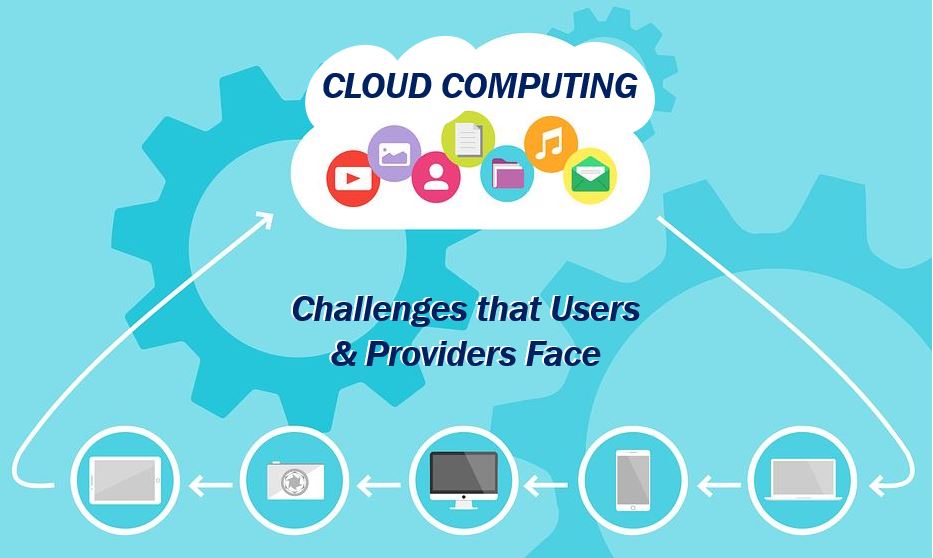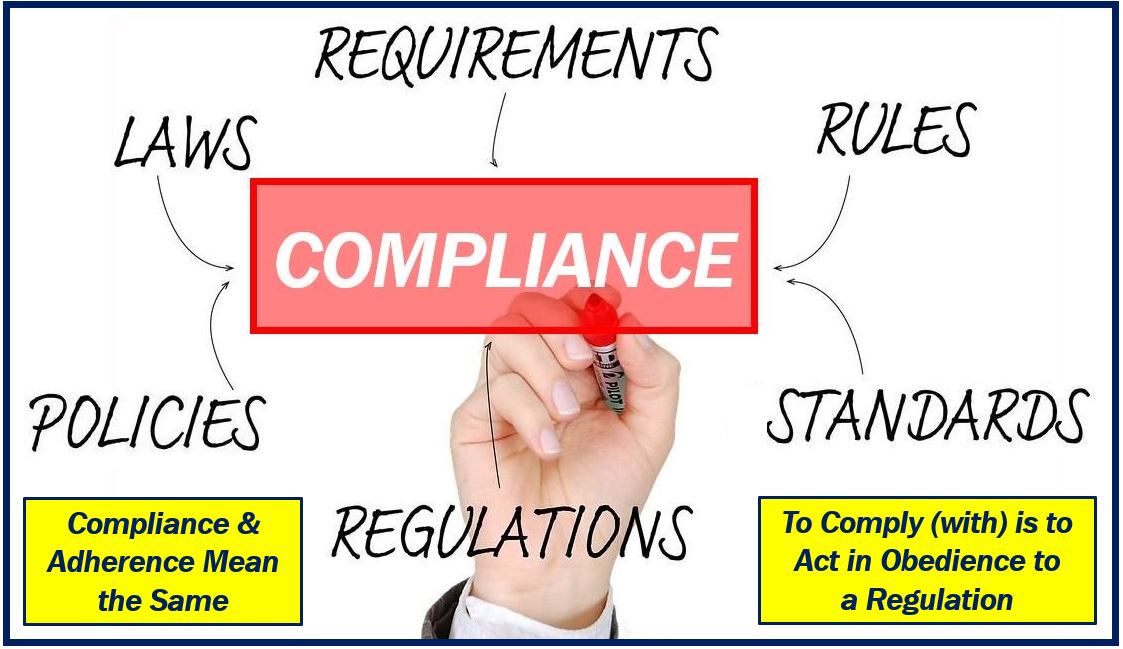The word cloud is not an uncommon term nowadays. It is a word that seems to define everything that we do on the Internet. In the online world today, especially in business, science, and academia, when people refer to the cloud they are talking about cloud computing.

Apart from providing data security, cloud computing offers flexibility, better data storage, and enhanced collaboration between employees. It provides an excellent way for both small and large businesses to make better data security decisions without breaking their banks.
There is no doubt that cloud computing will continue to gain popularity. In fact, major businesses such as Amazon, Microsoft, Google, and Alibaba are already benefiting from it. It is projected that about 90 percent of businesses will be using cloud computing by 2022.
So, what exactly is cloud computing? And what are the emerging challenges that businesses have to contend with when utilizing it? Let’s find out:
What is Cloud Computing?
Cloud computing involves the delivery of computing services through remote servers over the Internet. These servers store, manage, and process data and thus allow users to expand their infrastructure.
Cloud computing is divided into three main categories, namely:
- Software as a Service
- Infrastructure as a Service
- Platform as a Service
How Does Cloud Encryption Work?
Companies don’t necessarily need to own their own data centers. They can rent them from a cloud services provider. Among other things, this allows businesses to avoid paying upfront fees, and in turn, not have to pay for the maintenance of infrastructure. To that end, they only incur costs on what they use.
Cloud Computing Risks and Challenges
Just like anything else, data encryption in cloud computing does not come without challenges. Unless you’re prepared to deal with them, you might not realize the benefits that come with cloud data encryption. Continue reading to see some of these challenges:
Cost
While cloud computing can help companies save money, sometimes the management and containment of the platform can be costly. What’s more, the cost of moving the data from a public cloud can be considerable for SMEs. The letters SMEs stand for Small to Medium Enterprises.
While you can save a significant amount of money on acquisition, management, and maintenance, you also need to invest in extra bandwidth. Lack of routine control in the computing platform can lead to increased costs.
Compliance

There are varying compliance regulations in different locations. As such, cloud data encryption needs to go through many processes before it can be of use.
If a company’s data is stored and encrypted internationally, compliance regulations in those countries will come into play during data assessment. This may complicate things for some companies, especially if they are also required to ahere to the laws of their own country.
The result? Compliance issues may make is harder for the cloud computing service provider to perform its role.
Service Provider Availability
You want to hire a cloud service provider that is capable and has the capacity, right? Then, ensure that the one you choose is available every time you need to get in touch, i.e., when you need help. Try to find out how good a company’s customer service or customer support operation is. You can talk to existing or former clients, read reviews, and other sources.
Do not rely on the claims a provider makes on its website or during negotiations. You need to hear it from somebody else.
Key Management Challenge
Key management is among the most complicated issues when it comes to data encryption. It involves ensuring that the encryption keys are safe and prevent unauthorized access as well as corruption.
Even so, most companies claim that key management is the reason why they’re not implementing data encryption. Both the service provider and the user need to pay close attention to key management to make sure they get it right.
Performance
Moving your business to the cloud means that it becomes dependent on your service provider. While they offer innovative technologies that you could otherwise not access, your company will be affected if their system has a fault or shuts down. If eCommerce represents 100% of your business activities, a faulty or non-existent system could be devastating.
Outages are not uncommon among service providers. Not even the major players are immune. You need to ensure that the provider you choose employs the right processes and that they will alert you immediately they suspect something might be wrong.
Multiple Clouds Challenge
Cloud computing has experienced increased growth in recent years. Today, most companies are moving to multi-cloud by combining both private and public clouds. And as expected, the multi-cloud strategy is expected to grow.
Companies (clients) as well as cloud providers need to stay up-to-date with the latest developments, technologies, and everyday challenges.
Interesting related article: “What is Cloud Computing?”

